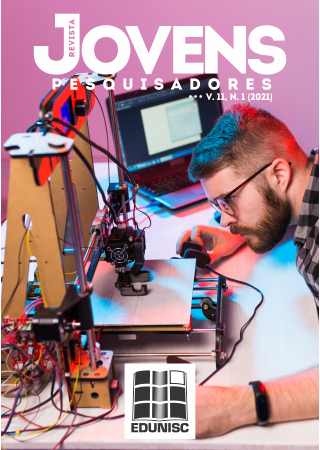THE LEGAL FEASIBILITY OF THE LIVING WILL IN THE BRAZILIAN ORDINATION
DOI:
https://doi.org/10.17058/rjp.v11i1.16341Keywords:
Autonomia do paciente, Dignidade em final de vida, Diretiva antecipada de vontade, Testamento vitalAbstract
This article investigates the document called the living will, its conceptualization, usefulness and feasibility in the Brazilian legal scenario. Bearing in mind that, due to the autonomy of the will, the individual has the power to decide over his or her body, it is questioned, given the absence of specific legislation and the apparent principled collision that permeates it, whether the living will is legally viable in Brazil. Therefore, the method of deductive investigation and bibliographic research techniques are adopted, with the examination of doctrines and legislation, an investigation that is subdivided into three parts: conceptualization and contextualization of the living will institute; elements that characterize and differentiate it from other legal institutes; analysis of the order and examination of legal feasibility. It is noticed that the living will is founded, above all, on the right to life, which, due to the fundamental aspect of the dignity of the human person, should be protected in the sense of a dignified life, without suffering and dependence. It is concluded that the living will is legally viable in Brazil, as, within legal limits, it carries out the right of self-determination, that is, the power of decision regarding one's own body, closely correlated with the dignity of the human person, foundation of the Democratic State right.
Downloads
Downloads
Published
Issue
Section
License
A submissão de originais para este periódico implica na transferência, pelos autores, dos direitos de publicação impressa e digital. Os direitos autorais para os artigos publicados são do autor, com direitos do periódico sobre a primeira publicação. Os autores somente poderão utilizar os mesmos resultados em outras publicações indicando claramente este periódico como o meio da publicação original. Em virtude de sermos um periódico de acesso aberto, permite-se o uso gratuito dos artigos em aplicações educacionais e científicas desde que citada a fonte conforme a licença CC-BY da Creative Commons. Creative Commons Atribuição 4.0 Internacional.
Creative Commons Atribuição 4.0 Internacional.


